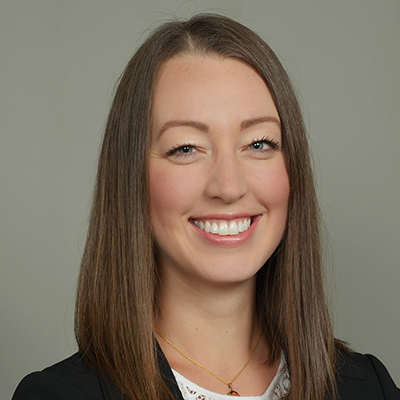Many 19th- and early 20th-century German language newspapers were printed in a Fraktur font. And not only that, they were written in a foreign language! This combination of an archaic font and a foreign language creates two significant hurdles for the 21st century genealogist, perhaps with limited foreign language skills, to overcome. But don’t despair. Modern technology has provided solutions. Learn how to “crack the code” and discover where your favorite newspaper sites have hidden the Optical Character Recognition (OCR) text. Translation tools will quickly make those foreign words readable for even the most die-hard English-only speaker.

Already a member? Log in









You should receive a confirmation email with a link to the webinar soon.
You’ll also receive a reminder both the day before and one hour before the webinar begins.
Didn’t receive a confirmation email?
You successfully registered for %s.
You should receive a confirmation email with a link to the webinar soon.
You’ll also receive a reminder both the day before and one hour before the webinar begins.
Didn’t receive a confirmation email?
To ensure a smooth, high-quality webinar experience, check the quality of your internet connection.
On the day of the webinar, connect 30–40 minutes before and turn off any background software. If you can’t tune in live, you can view the recording later in the Webinar Library. If joining via a mobile device, be sure to first install the free GoTo app.
Questions? Contact us or read our FAQ.
It looks like you’re already registered for this webinar
You can register for another webinar.
Didn’t receive a confirmation email?
It looks like you’re already registered for these webinars
You can register for another webinar.
Didn’t receive a confirmation email?
Something happened on our end, sorry about that
We were unable to complete your registration.
Please try again later.



 Syllabus
Syllabus
 Chat Log
Chat Log

Very, very informative. Lots of good information to help in lots of different search sites..a gold mine!!
Very helpful
I know German and can read Fraktur yet I learned a lot from this presentation – how to find the important words to get the meaning of a phrase or sentence.
Really enjoyed Mary Kircher Roddy’s webinar. Very clear, jam-packed, orgnaized presentation with lots of resources and so muchnew information using AI to translate! Loved it! Thanks you!
Very timely with use of Chatgpt to translate. And great to be shown where to find the metadata on Genealogy bank.com
I learned a lot. I have issues with translating German – have my own list of this means that. I have been leary of AI and she just shredded that notion – I will give it an opportunity to help me. Thank you.
Excellent handout. I have made copies of newspaper articles in German. Now I have a method to transcribe them. Thanks.
Mary’s information was very clear and concise. I appreciated her showing where to find the OCR button in each newspaper site.